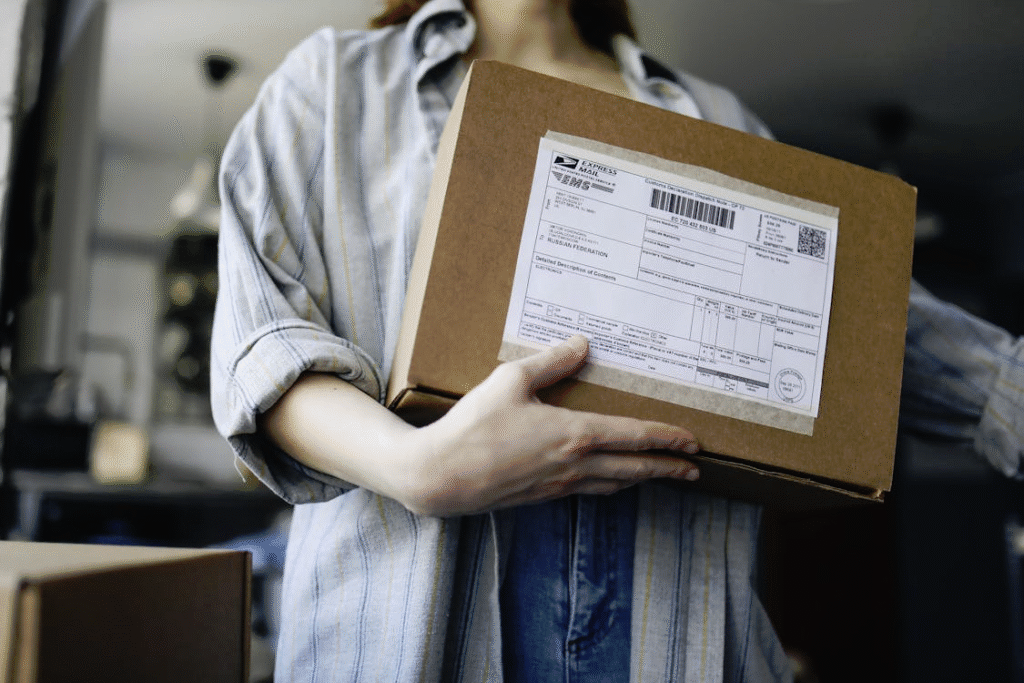Running a dropshipping business in a way that’s compliant can be inordinately complex, but simple data checks go a long way.
To assist with this, here are a few of the most important and actionable data validations to incorporate into your process, with a view to making compliance more manageable.
Validating Catalog Data for Restricted Products
Accurate product data prevents legal missteps. Mislabeling restricted items, such as alcohol or firearms, can result in fines or even a ban. Start by properly categorizing your inventory and flagging products under strict regulations.
Automated tools make this easier. Using a tool that supports firearms integrations in e-commerce will help you verify licensed wholesalers and ensure compliance with state-specific laws. This reduces manual errors significantly.
Regular catalog audits are key, especially when adding new products or suppliers. These checks safeguard your business against risks associated with unverified inventory or mislabeled items, while ensuring operations comply with regulations.
Setting Up Age-Restriction Flags for Legal Compliance
Certain products require age verification by law, such as alcohol, tobacco (which was raised relatively recently), and vaping supplies. Integrating age-restriction flags at checkout ensures customers meet the minimum legal requirements before completing a purchase.
These safeguards are simple to implement with most e-commerce platforms. Require buyers to input their birthdate and automatically validate it against legal standards. For higher-risk items, such as firearms, integrate advanced ID-verification tools that confirm identity in real-time.
Without these controls in place, you risk making accidental sales to underage buyers and potentially incurring fines. Prioritize this step to avoid regulatory breaches while maintaining a responsible shopping experience for your customers.
Using Address Validation to Prevent Shipping Errors
Shipping errors cost money and lead to dissatisfied customers. Address validation tools verify the accuracy of addresses during checkout, ensuring shipments are delivered to the correct destination.
For compliance, address verification also identifies restricted zones. For example, some states prohibit direct-to-consumer alcohol delivery, or certain ZIP codes may ban firearm transfers.
These systems flag problematic addresses in real-time, allowing you to block orders that violate regulations before they’re processed. By combining accurate delivery with legal safeguards, you protect your business from penalties while improving order fulfillment efficiency and customer satisfaction. Simple checks make a big difference in operational reliability.
Automating Tax Code Applications by Location and Product Type
All businesses have to handle taxes effectively, and this must extend to any sales taxes that apply when shipping goods to customers, even in a dropshipping context.
Taxes vary by state, city, and even product category. Miscalculating these can lead to compliance issues or lost revenue. Automated tax tools simplify this complexity.
These systems assign accurate tax codes based on the customer’s location and the specific item purchased. For example, food may be taxed differently from electronics, while alcohol often carries additional excise taxes.
Automated solutions adjust rates dynamically in response to local regulations or changes in law. This eliminates manual errors during checkout while ensuring your business stays compliant with ever-shifting tax policies. Accurate taxation builds trust with customers and avoids potential penalties down the line.
The Bottom Line
Compliance is essential for dropshipping success. Each data check we’ve covered minimizes risks, ensures legal operations, and builds customer trust.
By implementing safeguards such as age verification, address validation, and automated tax tools, you create a smoother workflow while staying aligned with regulations. Protect your business by prioritizing compliance at every step.





